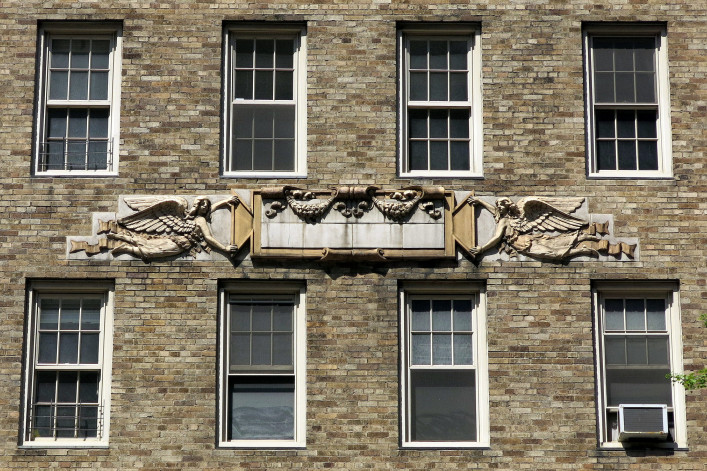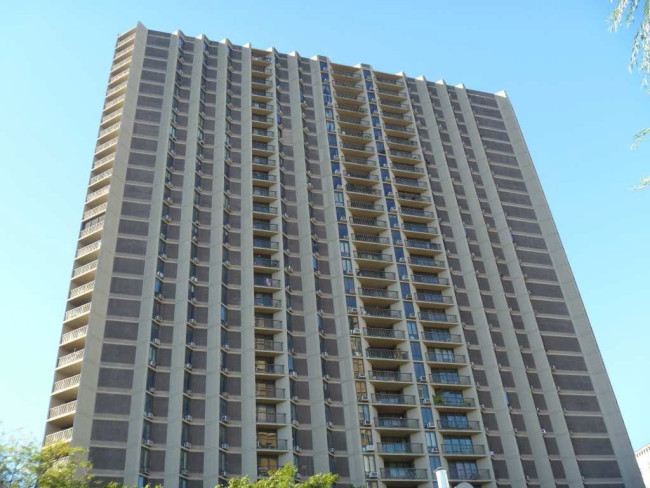What to do with a Mitchell-Lama co-op when the owner dies
My aunt recently died, and left my sister as the executor of her estate. Her one-bedroom Mitchell-Lama co-op is in very bad shape, with lots that needs to be thrown out, and will need an overhaul before a new buyer moves in. How do we go about selling my aunt's shares back to the co-op's management? Also, what are we liable for as far as maintenance charges, and also when it comes to removing the debris and making the apartment habitable again?
The process of selling shares back to the co-op should be fairly straightforward, and while you'll be on the hook for a few months of maintenance charges, getting the apartment cleaned up and ready for a sale say will be the co-op's responsibility, not yours, say our experts.
"This question is unique to Mitchell-Lama cooperatives as the apartments are returned to the corporation rather than sold on the open market," explains Dean Roberts, a co-op and condo attorney with Norris, McLaughlin, & Marcus. "In a Mitchell-Lama, the apartment is returned back to the co-op, normally by returning the stock certificate or submitting a written surrender of the apartment along with the keys."
In exchange, you'll get back the equity value of the apartment, says Roberts, which is calculated as the original purchase price, combined with the accumulated mortgage amortization on the co-op's master loan. "The normal equity value for these type of apartments range from $10,000 to $20,000," says Roberts. "However many co-ops are enacting double equity or have substantial mortgage amortization and these values can sometimes be in the high five figure range."
(If these numbers seem startlingly low for a NYC apartment, keep in mind that Mitchell-Lama co-ops are a form of subsidized housing, and are bought for far less than a comparable market-rate apartment would cost. In some cases, Roberts says, the original purchase price was as low as $2,500. But the flip side is that you can't make money on a Mitchell-Lama as an investment the way you would with a normal apartment, and have to turn the apartment back over to the co-op when the owner dies or moves out, rather than selling it and reaping the profits.)
As far as the equity goes, in this case, because of the condition of your aunt's apartment, the building will likely use that equity money to upgrade the apartment and get it ready for a sale.
"Given the apartment's apparent deplorable condition, the executor (your sister) should approach the co-op's management and simply offer to surrender the apartment and let the co-op deal with restoring the apartment," says Roberts. "This could result in the estate receiving no equity refund, as all of those proceeds could be consumed [in the process of restoring the apartment.]"
On the bright side, even if the restoration process ends up costing more than the apartment's equity, the building is unlikely to come after you to make up the difference. "In situations like this, it is typical for the co-op to simply accept a surrender and use the equity to restore the apartment," says Roberts.
You'll also, however, be responsible for the apartment's maintenance charges for a period of up to 90 days, starting from the date the shares are returned to the co-op. "If the building re-sells the apartment in less than 90 days, then your obligation [to pay the maintenance charges] ends," notes Roberts. If it takes them longer than 90 days to sell it, the building will then be on the hook for the monthlies, not you.
"My one piece of advice would be to do this as quickly as possible, so as not to pay needless maintenance charges for an unoccupied apartment," says Roberts.
Trouble at home? Get your NYC apartment-dweller questions answered by an expert! Send us your questions.
See all Ask an Expert.
You Might Also Like




























